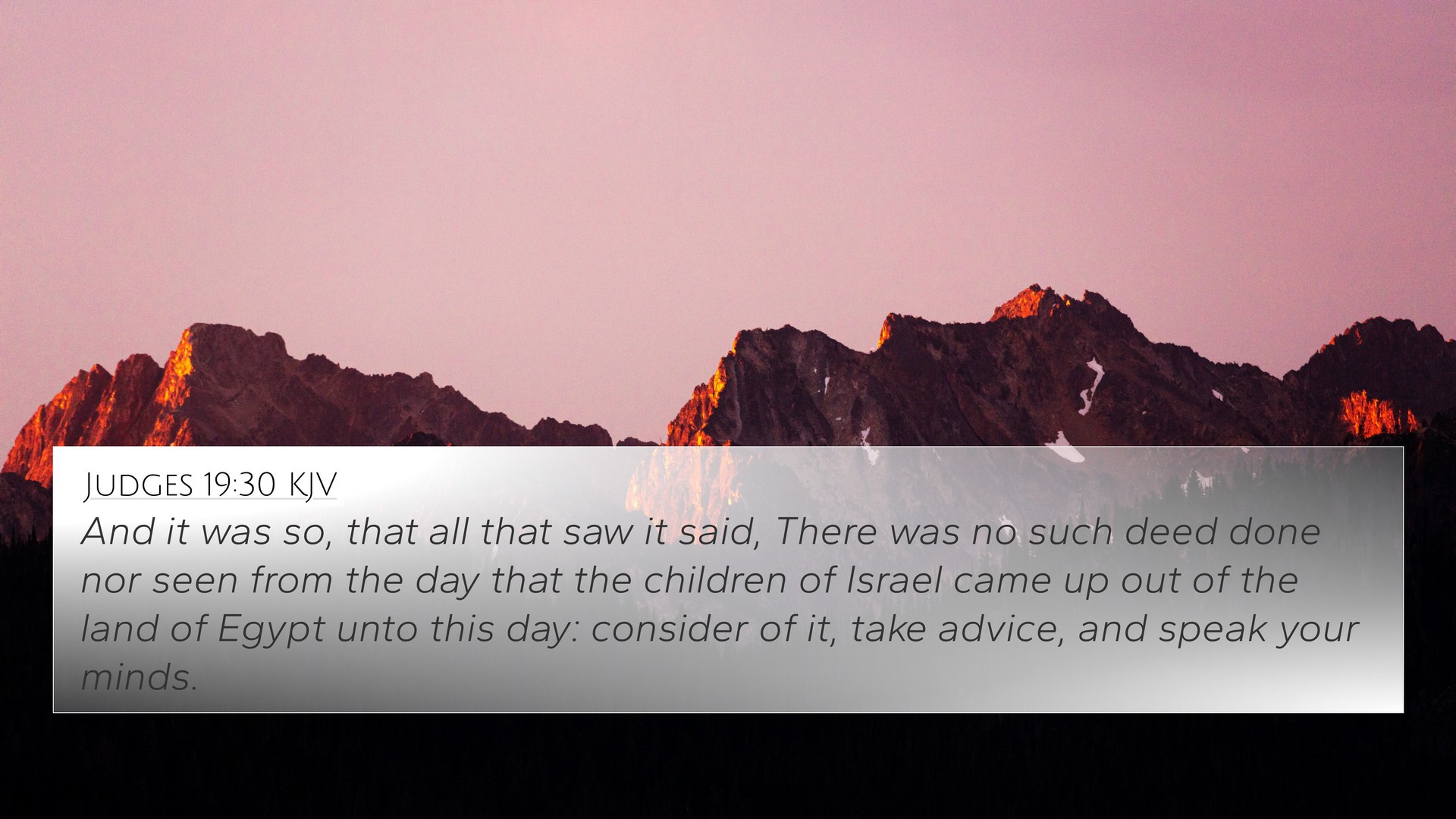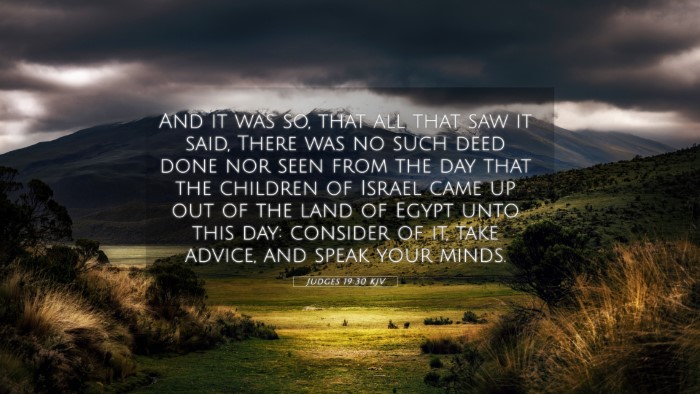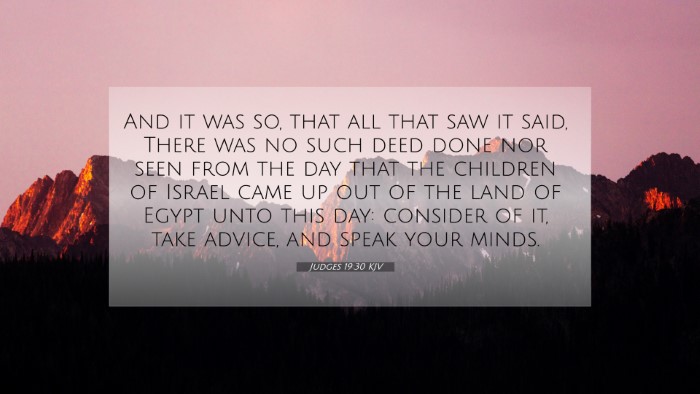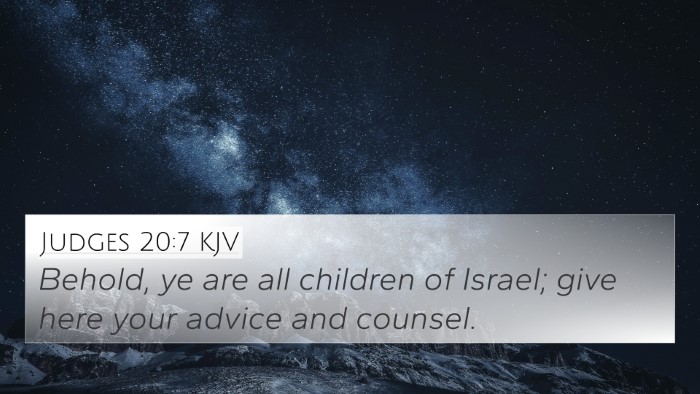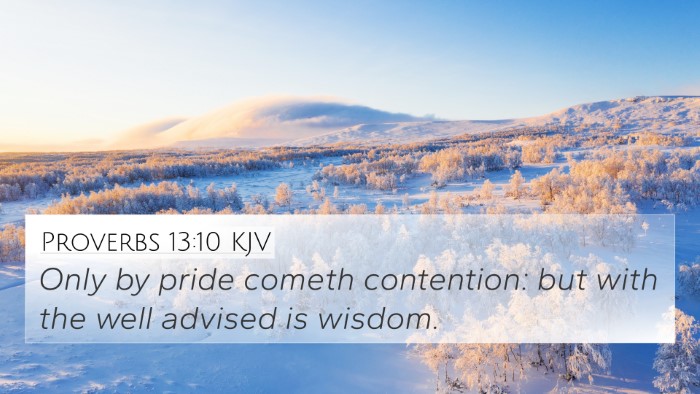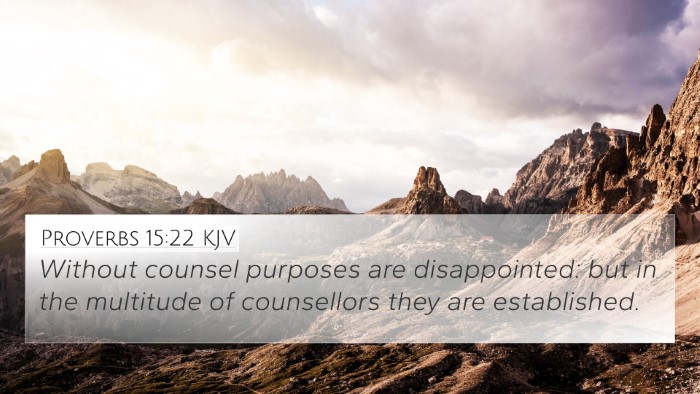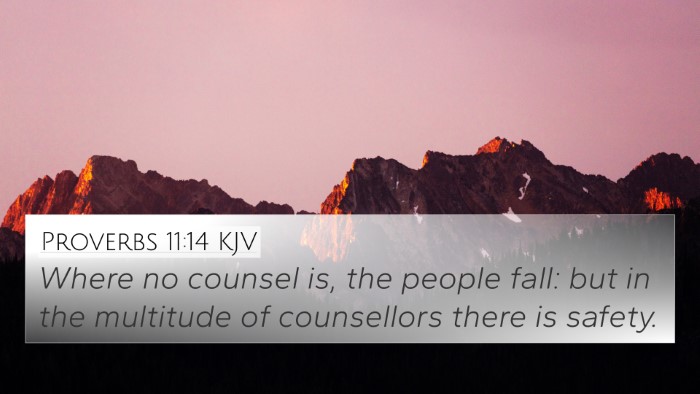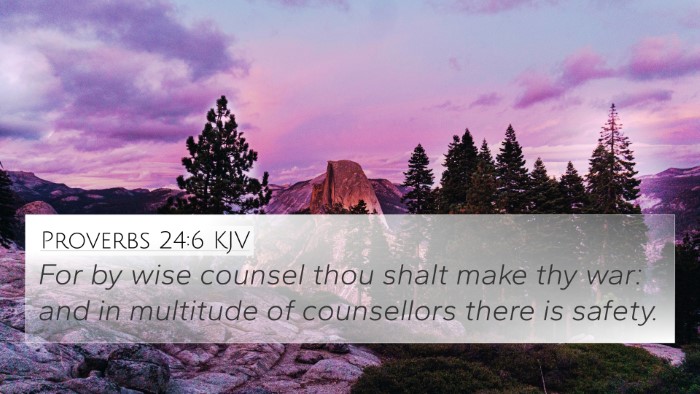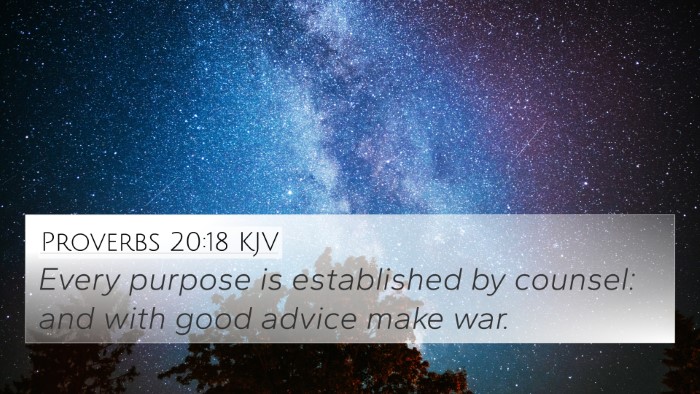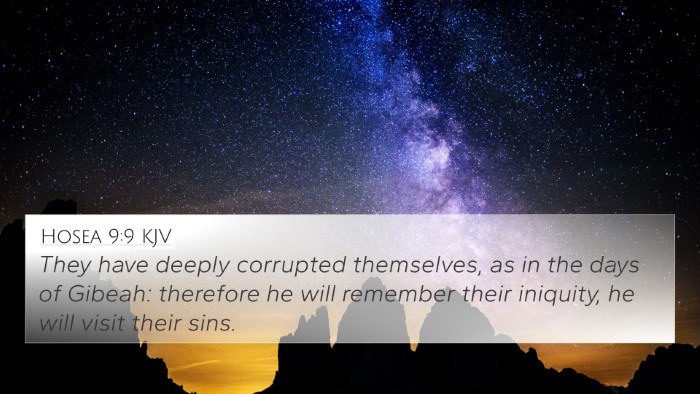Judges 19:30 presents a striking conclusion to a grim narrative, highlighting the profound moral decay and unsettling events in Israel during the time of the Judges. The verse states:
"And it was so, that all that saw it said, There was no such deed done nor seen from the day that the children of Israel came up out of the land of Egypt unto this day: consider of it, take advice, and speak your minds."
This verse serves as a crucial reminder of the societal and spiritual disarray of Israel. The commentaries by Matthew Henry, Albert Barnes, and Adam Clarke offer insightful interpretations and highlight several important themes.
Commentary Insights
- Moral Depravity: Matthew Henry emphasizes the shocking nature of the events leading up to this verse, illustrating how corruption had infiltrated the hearts of the people. It serves as a warning about the consequences of straying from divine guidance.
- Historical Context: Albert Barnes contextualizes the passage by relating it to the overall degradation of the nation. He notes that the events mark a definitive low point in Israel's history, prompting a need for reflection and reform.
- Societal Impact: Adam Clarke points out that the collective outrage of those who witnessed the aftermath indicates a deep-seated awareness of justice and morality, despite widespread corruption. This response illustrates the tension between societal norms and divine expectations.
- Call to Reflection: The phrase “consider of it, take advice, and speak your minds” encourages a deliberative approach to understanding and responding to spiritual and moral crises. It invites the reader to engage in thoughtful and heartfelt dialogue about the state of the community.
Bible Cross-References
This verse connects with various other scriptures that reflect on justice, morality, and community accountability. Here are some significant cross-references:
- Deuteronomy 22:25-27: Discusses the moral law regarding sexual immorality and the expectations of justice.
- Judges 21:25: Summarizes the chaotic nature of Israelite society during this period: “In those days there was no king in Israel: every man did that which was right in his own eyes.”
- 1 Samuel 8:5: The Israelites requesting a king, reflecting their desire for order amidst chaos.
- Isaiah 5:20: Warns against calling evil good and good evil, paralleling the moral confusion depicted in Judges.
- Proverbs 14:34: Highlights righteousness exalting a nation, contrasting the desolation seen in Judges.
- Ezekiel 22:30: God’s search for a man to stand in the gap for the land, akin to the desperate need for righteous leadership during the Judges' era.
- Micah 7:2: Discusses the failure of society to follow righteousness, relatable to the state of Israel during this tumultuous period.
Thematic Connections
The themes in Judges 19:30 call for exploratory Bible verse connections regarding moral conduct, societal structure, and divine authority. The verse's reflections on the need for repentance and accountability resonate throughout both the Old and New Testaments. This is particularly evident in:
- Matthew 18:15-17: The call for accountability among believers mirrors the communal outrage in Judges.
- Galatians 6:1: Encourages restoration and accountability among brethren—echoing the invitation for collective reflection in Judges 19:30.
- Hebrews 10:24-25: Emphasizes the importance of community amidst moral decline, a theme present in both the narratives of Judges and New Testament teachings.
Conclusion
In summary, Judges 19:30 encapsulates a pivotal moment that forces readers to confront the depths of humanity's moral failures and the essential nature of community reflection. Cross-referencing Bible verses enriches this understanding, revealing connections that stretch over centuries and testify to the enduring relevance of Biblical texts. Engaging in a comparative Bible verse analysis not only deepens one's personal faith but also equips believers with tools for navigating their spiritual journeys in today’s world.
For those seeking a thorough understanding of scripture's connections, employing cross-referencing Bible study methods can significantly enhance biblical literacy and insight. As you explore the thematic Bible verse connections from Judges 19:30, remember that these narratives urge all to consider the righteous paths laid out through scripture while deeply engaging with both ancient and contemporary moral dilemmas.
